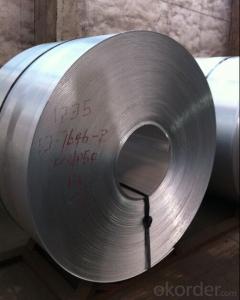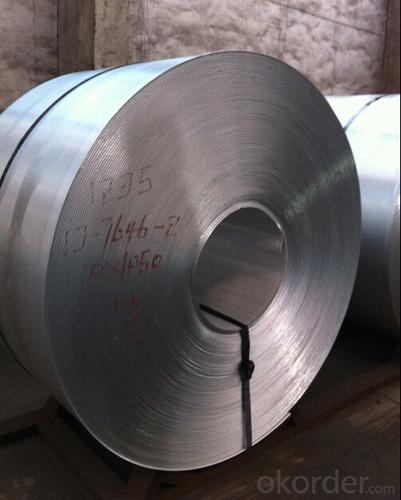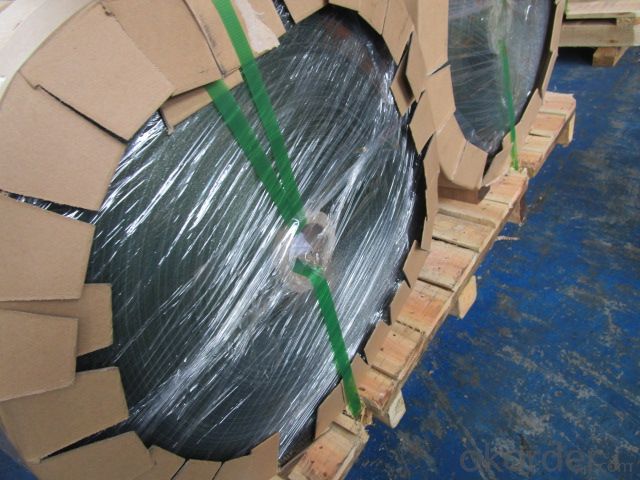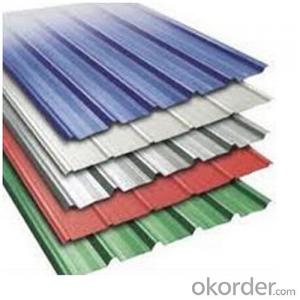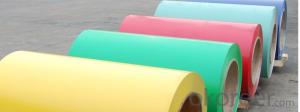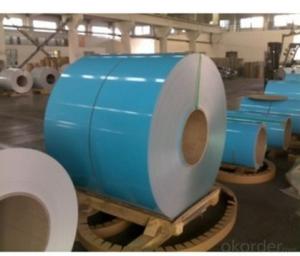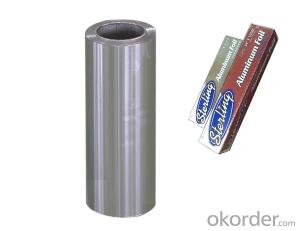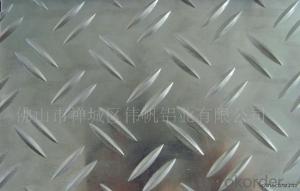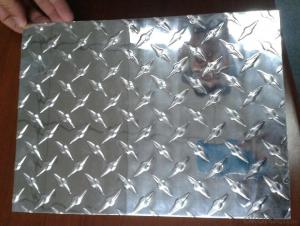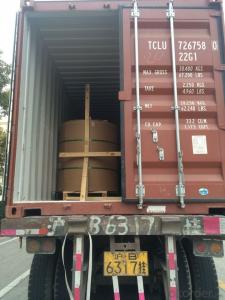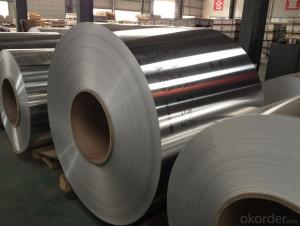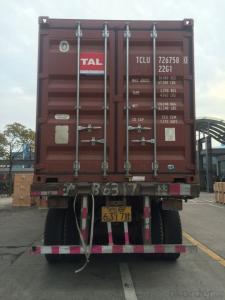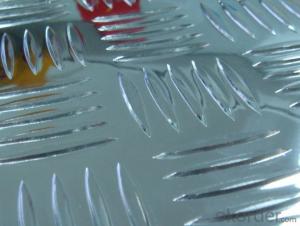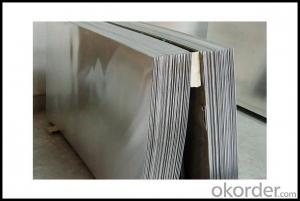Large Anodized Aluminum Sheets - Aluminium Drawn Sheet with Better Price in Warehouse
- Loading Port:
- Fuzhou
- Payment Terms:
- TT OR LC
- Min Order Qty:
- 3 m.t
- Supply Capability:
- 200 m.t/month
OKorder Service Pledge
OKorder Financial Service
You Might Also Like
Specification
1.Structure of Product Description
aluminum sheet is widely used in the field of construction field and decoration field, etc.
There are many different grades, such as: 1000 series, 2000 series, 3000 series, 5000 series, 6000series, etc. The detailed grade are as follows: 1010, 1050,1060,1100, 3005, 3105, etc.
The temper is include H14, H22, H24,F,O, H44, H112, H114,etc.
2. Main features of the product
a. best price
c. Shortest service.
3. Image.
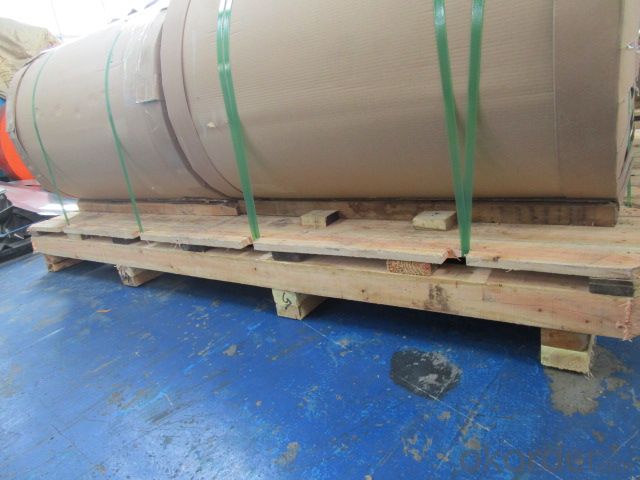
4. Product detailed sizes:
1000mm*2000mm,500*500mm,1000mm*1000mm,1220mm*2440mm,1219*2438mm, etc.
5. FAQ:
What is the quality standard?
---Usually our standard is GB3880-2006 or others.
What is the width range?
---It is from 400mm to 6000mm, etc.
What is the MOQ for your products yet?
---Normally it is around 12 tons/each size.
How many tons did you export in one year
USA, ENGLISH, SINGAPORE, ETC.
What is your mainly products?
---Normally they are aluminum checkered sheet, aluminum mirror finished sheet, and carbon steel sheet and galvanized steel sheet, etc.
cold rolled and hot rolled and cold drawn aluminum sheet,mirror finish aluminium sheet, aluminum casting coil, etc.
- Q: Can aluminum sheet be used for heat exchangers?
- Yes, aluminum sheet can be used for heat exchangers. Aluminum is a commonly used material for heat exchangers due to its excellent thermal conductivity, light weight, and corrosion resistance. The high thermal conductivity of aluminum allows for efficient transfer of heat between fluids, making it suitable for various heat exchange applications. Additionally, aluminum is available in different alloys and thicknesses, providing flexibility in design and customization for specific heat exchanger requirements. Overall, aluminum sheet is a popular choice for heat exchangers in industries such as automotive, HVAC, and aerospace.
- Q: does aluminum sheet has a function of magnetism isolating?
- yes.
- Q: Can aluminum sheets be stamped or engraved?
- Yes, aluminum sheets can be stamped or engraved. Aluminum is a versatile material that can be easily worked with using various methods, including stamping and engraving. Stamping involves pressing a design or pattern onto the surface of the aluminum sheet using a stamping machine. This method is commonly used in industrial applications for creating embossed or raised designs. On the other hand, engraving involves cutting or etching a design into the surface of the aluminum using a specialized engraving tool. This method is often used for creating detailed and precise designs or for adding personalized markings to aluminum sheets. Both stamping and engraving can be done on aluminum sheets to achieve different decorative or functional purposes.
- Q: Can aluminum sheets be recycled indefinitely?
- Yes, aluminum sheets can be recycled indefinitely.
- Q: How does the price of 101 aluminum sheets compare to other aluminum alloys?
- The price of 101 aluminum sheets is typically lower compared to other aluminum alloys.
- Q: How thick are aluminum sheets commonly available?
- Aluminum sheets commonly come in various thicknesses, depending on the intended use and application. The most commonly available aluminum sheet thicknesses range from 0.025 inches (0.63 mm) to 0.125 inches (3.18 mm). However, thinner and thicker aluminum sheets are also available, with some going as thin as 0.016 inches (0.4 mm) and others as thick as 0.25 inches (6.35 mm) or more. The specific thickness required will depend on the specific project or industry application.
- Q: Is aluminium plate the same as aluminium alloy?
- In fact, it means that the world can not meet the so-called aluminum plate, that is, pure aluminum alloy is only a little more than pure aluminum alloy, but the scope of the use is also different
- Q: Can aluminum sheets be used for elevator interiors?
- Indeed, elevator interiors can certainly be constructed using aluminum sheets. Aluminum has gained significant popularity as a material of choice for elevator interiors due to its multitude of advantageous qualities. Its lightweight nature, durability, and resistance to corrosion render it highly suitable for long-term utilization in elevator applications. With ease, aluminum sheets can be skillfully fabricated and shaped to perfectly fit the dimensions and design specifications of elevator interiors. Furthermore, aluminum can be enhanced with various types of coatings or finishes, such as anodizing or powder coating, to not only augment its aesthetic appeal but also provide additional protection. Overall, aluminum sheets represent a practical and widely utilized option for elevator interiors within the industry.
- Q: This question asks for methods to preserve an aluminum window and prevent rust or corrosion.
- <p>To maintain an aluminum window and prevent rusting or corrosion, follow these steps: Regularly clean the window with a mild detergent and water to remove dirt and grime. Avoid using abrasive cleaners or tools that could scratch the surface. Apply a protective coating or sealant designed for aluminum to shield it from moisture and environmental factors. Ensure proper drainage around the window to prevent water accumulation. Regularly inspect the window for signs of damage or corrosion and address any issues promptly. By following these maintenance practices, you can prolong the life of your aluminum window and keep it in good condition.</p>
- Q: Are aluminum sheets suitable for use in HVAC (heating, ventilation, and air conditioning) systems?
- Yes, aluminum sheets are suitable for use in HVAC systems. They offer several advantages such as high thermal conductivity, corrosion resistance, and lightweight nature, making them ideal for efficient heat transfer and durability in HVAC applications.
Send your message to us
Large Anodized Aluminum Sheets - Aluminium Drawn Sheet with Better Price in Warehouse
- Loading Port:
- Fuzhou
- Payment Terms:
- TT OR LC
- Min Order Qty:
- 3 m.t
- Supply Capability:
- 200 m.t/month
OKorder Service Pledge
OKorder Financial Service
Similar products
Hot products
Hot Searches
Related keywords
